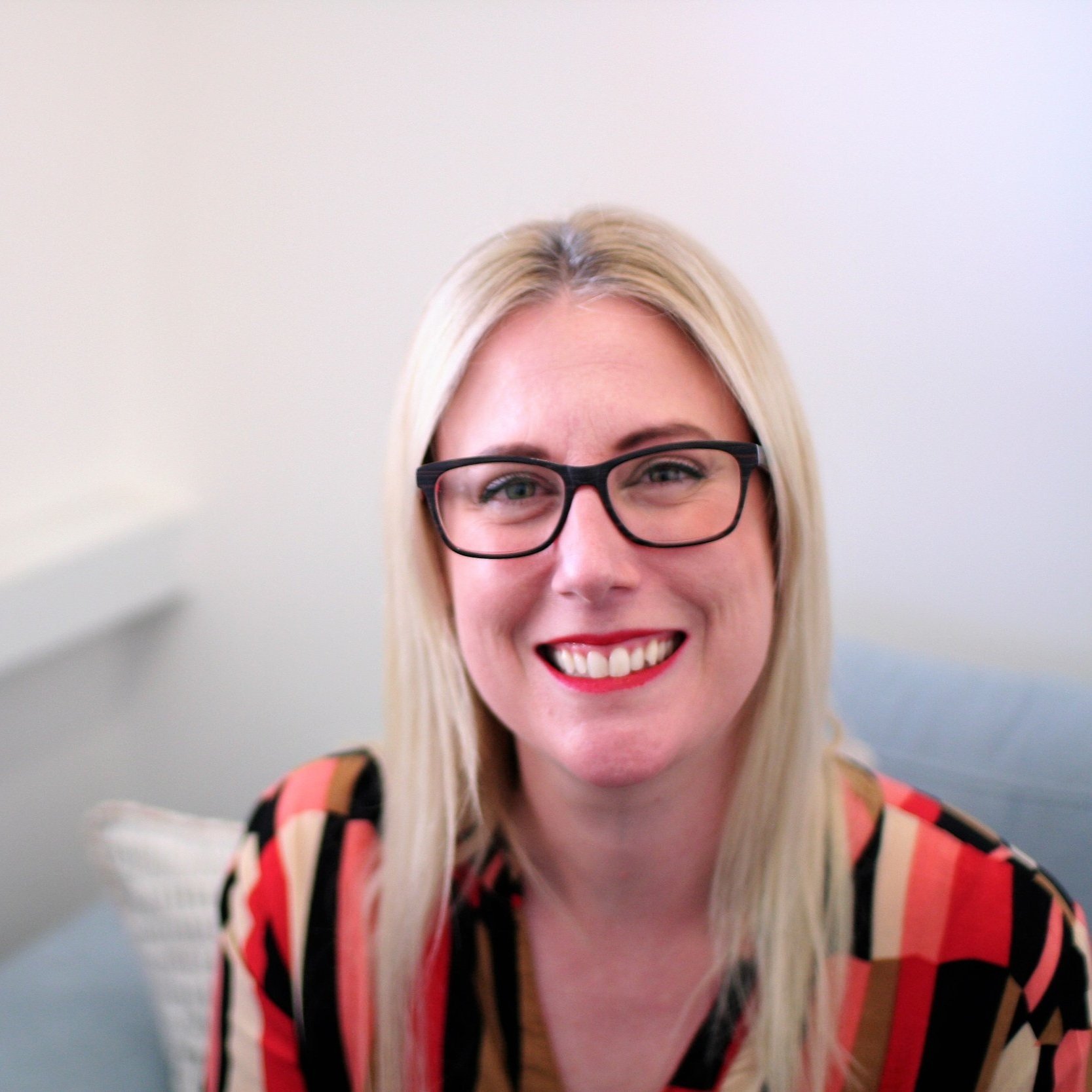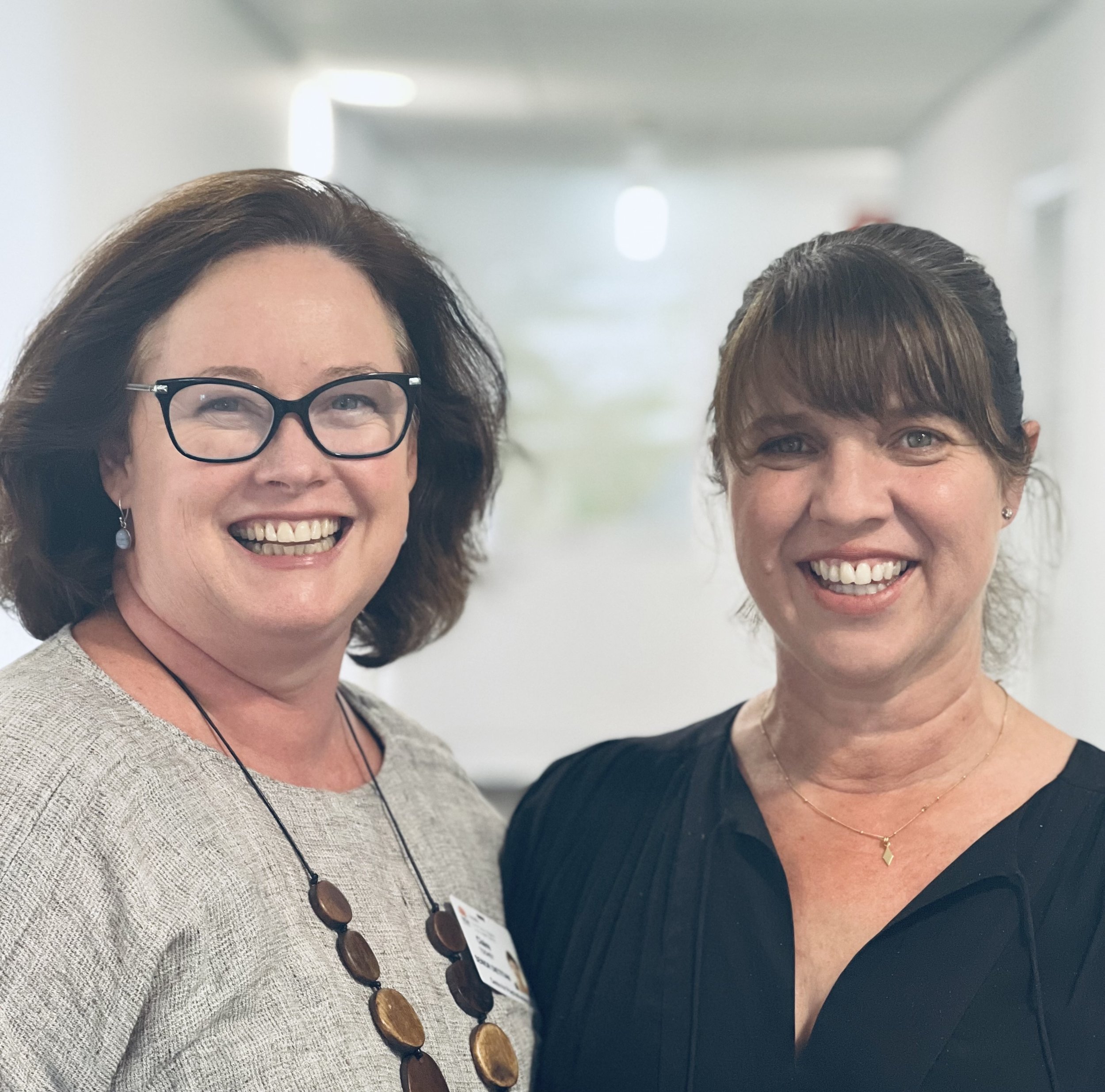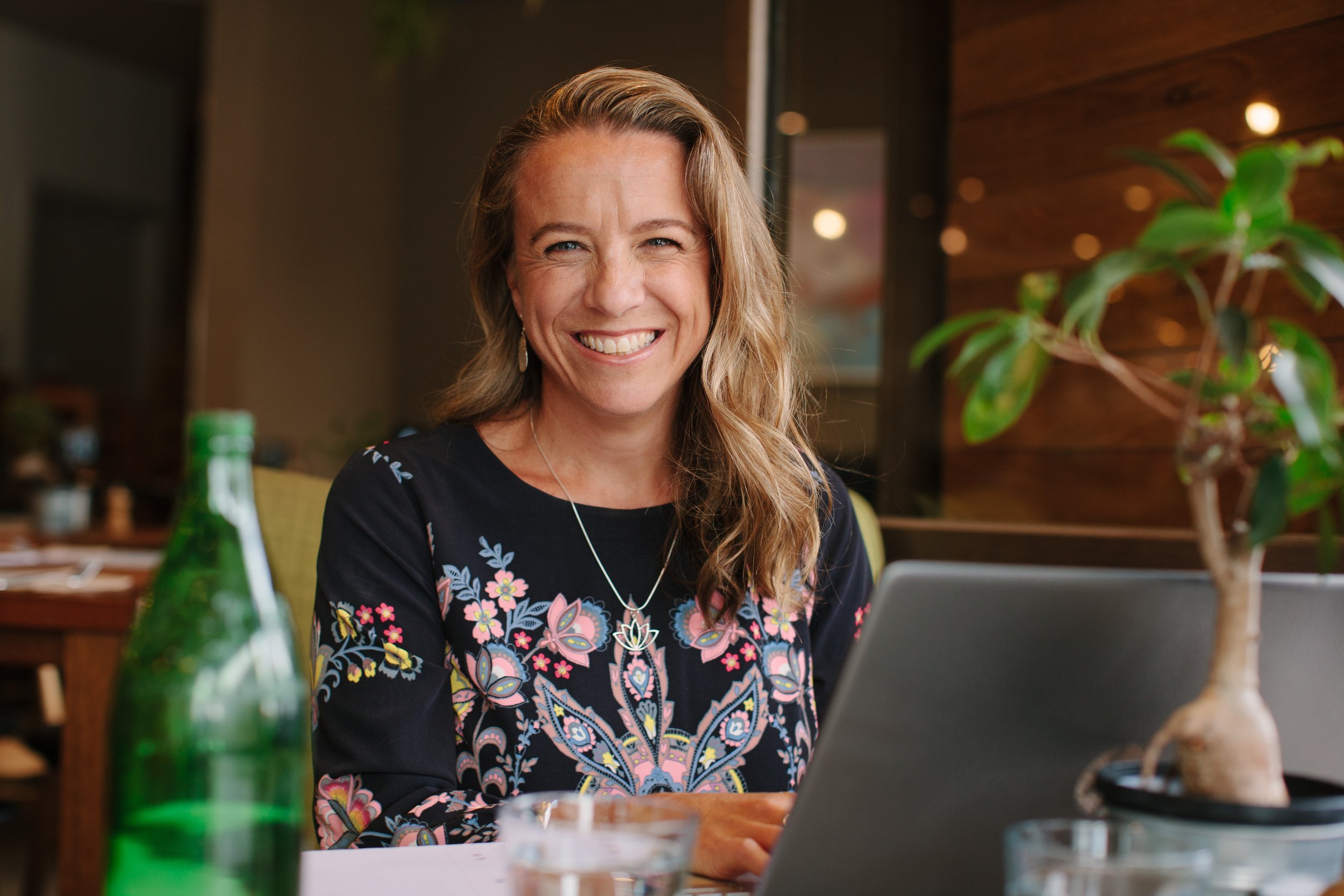being in relationship
A 5-part Series for Dietitians and Health Professionals
Now available as a self paced course
If you are a Dietitian or Health professional who works with human beings, it is inevitable that you will be working with thoughts, feelings, body sensations and the complex ways these all intersect with food, eating and body-related experiences. This IS our work and they ALL show up in the room when we are working with people. It’s not uncommon that we feel ill-equipped but also - importantly - that we have strong feelings of not wanting to step outside our scope of practice. If you’ve ever thought to yourself “I’m packing this in and heading back to University to become a therapist” then this is the series you’ve been waiting for which answers the question “how can I be a Dietitian AND be more therapeutically-oriented?”
Developing and awareness and understanding of what happens in us, in others, and between us is not taking over the work of a therapist. Rather, it equips us to work with what is actually showing up instead of feeling lost, scared, confused or - perhaps the worst - blaming ourselves or others. In this way, we can stand alongside any work done in therapy with an enhanced level of compassion for ourselves and others.
Each part of this series is 2 hours in length, and is perfect for those who are looking for the “next level” training to extend your practice. You’re likely familiar with Counseling Skills like Motivational Interviewing and Trauma-informed Care and feeling ready to take the next steps.
Part 1: what does it mean to Be in Relationship?
with Fiona Sutherland
Part 2: Attachment and the Therapeutic Relationship
with Deb Newburn
Part 3: What’s Yours? What’s Mine? Transference and Counter-transference
with Claire Toohey and Anjanette Casey
Part 4: distress tolerance - building awareness and skills
with Claire Toohey and Anjanette Casey
Part 5: Exploring your Empathy Setpoint
with Tanya Cooper-Terrens
Meet our Speakers...
Series Outline...
Part 1: Being in Relationship with Fiona sutherland
What does it mean to “be in relationship” particularly in the context of Dietetic practice and what shows up in our rooms? We are not therapists, yet much of our work is undeniably designed to be therapeutic in nature as we support people to explore their own relationships with food, eating and their body. As humans, we too are bringing our own thoughts, beliefs, memories, feelings, life experiences and physical bodies into the room in ways which often remain ignored, or unexplored.
In this presentation, we will traverse this topic in two parts by pausing at the “being”, and the “in relationship” aspects with the aim of setting a strong foundation of shared understanding for the presentations to come in the series.
Fiona is an Accredited Practising Dietitian, Dietetic Supervisor and Director of The Mindful Dietitian
Part 2 - Attachment in the Therapeutic Relationship with Deb newburn
This presentation will provide a brief overview of attachment theory over time and will look at how both client and clinician attachment styles can influence therapeutic interactions. You will leave with a summary of how attachment related difficulties may contribute to the development and maintenance of food and eating-related experiences (including eating disorders), and more importantly how to recognise this in your office. You will leave with clear ideas about how dietitians can identify and respond to their own, and their clients attachment responses within the therapeutic space.
Deb is a Psychologist and Director of Person-Centered Psychology in Melbourne, Australia
Part 3 - what’s yours? what’s mine? transference and Counter-transference with claire toohey and anjanette casey
The way we people relate to each other within a session can affect the client -dietitian relationship and our dietetic practice in various ways. Relationships and past experiences of interacting with a wide range of people influence how we respond to situations/people within our nutrition sessions and how our clients relate to us. Growing an awareness of this common dynamic, how it may be influencing us/our clients and how to address it, can help us develop more effective practice.
Claire and Anjanette are Accredited Practising Dietitians and Dietetic Supervisors from the Centre for Psychotherapy, Central Coast NSW
Part 4 - distress tolerance: building awareness and skills with claire toohey and anjanette casey
Experiencing a range of emotions, including those that are uncomfortable or more challenging is part of the human experience. This is especially true when undertaking the work of recovering from chronic dieting or an eating disorder, as it requires a person to choose to behave in ways that often lead to distress.
The ways in which clients experience or avoid distress can often play out in the dietetic session. Being with people in distress can also be difficult to witness. The capacity to tolerate distress is an essential part of the therapeutic dietetic process for the client, their loved ones, and the dietitian
The presenters will incorporate core Dialectical Behavioural Therapy (DBT) distress tolerance principles and suggest ways in which skills can be used and translated into dietetic practice.
Claire and Anjanette are Accredited Practising Dietitians and Dietetic Supervisors from the Centre for Psychotherapy, Central Coast NSW
Part 5 - exploring your empathy setpoint with tanya cooper-terrens
What is empathy? And why is getting to know your personal relationship with empathy important in the work you do? In this final part of the series, we will explore the evolution of why as humans we have a bio-psycho-physiological predisposition towards 'experience sharing' with each other, and what happens when we become flooded by the repeated strain of 'negative experience sharing' in our professional work.
We will explore how you can identify your likely genetic empathy set-point, and consider the cultural shaping of how you experience and currently manage empathy as a health professional. We will then explore how to engage in specific elements of self-care and self-regulation to support you in connecting therapeutically with people from a place of safety.
Tanya is a Psychologist and Educator from Practice Pavestones and La Trobe University, Melbourne
Pricing:
** please note that purchasing this series is for single person use only. We ask that you please do not share your log in details with others and instead consider a group purchase, or contacting us for equity pricing **
AUD $295 + GST (for Australian residents only)
USD $275 (no tax)
AUD $295 for all other countries
GROUP PRICING
Groups of 5 or more eligible for 20% discount when all paid together (please note that we are unable to offer individual reduced fees for each group member individually). After you sign up as a group of 5, please email Fiona themindfuldietitian@gmail.com with the names and emails of your group members for access to the series. If there are more of you in the group, please contact me for your unique code to join!
Equity pricing
Available to support people in low income countries and in marginalised groups. Please email Fiona at themindfuldietitian@gmail.com for all details.
this course will cover:
What does it mean to “be in relationship” when we - as Dietitians - are not actually therapists?
What types of relationships exist in the room when we are working with others?
What is attachment theory and what does it have to do with food, eating and body relationships?
How can we be aware of how attachment styles show up in our room in ways which can offer valuable information?
What is transference and countertransference?
What are some of the ways transference and countertransference can influence the client relationship and dietetic treatment process?
What can you do to help manage the relationship when transference/countertransference gets in the way of effective dietetic care?
Understanding how our body responds to distress and gaining insight into how this may impact our dietetic work and the therapeutic process
Skills that can help dietitians appropriately and effectively respond when with a distressed client in a nutrition session and navigate intense emotions that may arise within us when with someone in distress
Skills that can help clients be with, prepare for and manage overwhelming distress e.g., acute distress that may be experienced when working on nutritional change, along with techniques and skills that can help clients find respite from more chronic or long-term distress and suffering e.g.: when working on tolerating body image distress.
What is empathy?
How does my level of empathy influence or impact the way I am experiencing my work with others?
How can I maintain my empathy whilst also taking good care of myself?






